BY DEFENCE JOURNALIST SAHIL | T.I.N. NETWORK
Rajasthan Conversion Controversy: The Dark Web of Forced Religious Conversion, Foreign Links, and Hidden Conspiracy
Jaipur/Alwar/Kota/Barmer/Jaipur
Rajasthan, the land of valiant Rajputs, ancient temples, and centuries-old traditions, is facing a new challenge — a silent, systematic, and dangerous web of religious conversion targeting the vulnerable sections of society. Recent incidents, police reports, and ground investigations have exposed how certain missionary organisations, with alleged backing from foreign entities, are orchestrating conversions of Hindus into Christianity using fear, financial lures, false miracles, and psychological manipulation.
The issue has now snowballed into a major political and social flashpoint, with the Rajasthan government introducing the Religious Freedom Bill (धर्म परिवर्तन विधेयक) to curb forced conversions. But as the state tightens its grip on these activities, disturbing details are emerging, revealing a much larger conspiracy that goes beyond Rajasthan’s borders.
The Tragic Death that Unmasked the Conversion Industry
It all came to light after the tragic death of Manja, a young woman from Khairthal. Married to Laxman on 21 January 2025, Manja discovered within days that her husband had converted to Christianity and was coercing her to do the same. Manja refused to abandon her faith, but the relentless psychological pressure, humiliation, and domestic torture left her devastated. On 14 June 2025, she ended her life — but not before recording a 2.12-minute video exposing the reality of covert conversions happening in Rajasthan.
Her video has sparked outrage, becoming a symbol of resistance against what many term as an “invisible religious invasion.”
Conversion Hubs Across Rajasthan
Jaipur: Missionary Penetration in Every Corner, Slums Become Their Breeding Grounds
In the state capital Jaipur, slum areas like Shastri Nagar, Jhotwara, Sodala, Sanganer, and Vaishali Nagar have become prime targets for missionary activities. The poor are lured with free ration, education, medical aid, and cash benefits. Investigations have revealed the direct involvement of foreign funding in these operations. Despite awareness among local authorities, these missionary networks have been active for years, protected by political pressures and societal indifference.
Ajmer: Healing Camps a Facade for Conversion, Temples Surrounded by Evangelists
In Ajmer district, particularly in Kekri, Nasirabad, and Pushkar, religious conversions have increased alarmingly. So-called “healing camps” and “miracle assemblies” lure people with promises of curing illnesses and miraculous interventions. Once the trust is built, individuals are pressured to embrace Christianity. The areas around Ajmer Sharif and Pushkar temples have also witnessed an unsettling rise in missionary activities, raising concerns among religious groups.
Alwar: Women and Children Prime Targets, Well-Organised Missionary Networks
In Alwar’s Kotkasim, Behror, Bhiwadi, and Ramgarh regions, missionaries have established highly organised networks focusing primarily on women and children. By offering free clothes, food, education, and employment opportunities, they manipulate vulnerable families into changing their faith. The nexus between foreign NGOs and local agents has made these networks even stronger.
Bharatpur: Open Anti-Hindu Propaganda, Inadequate Police Action
In Bharatpur’s Mathura Gate, Chiksana, and Govardhan Road areas, aggressive conversion activities have surfaced. In July 2024, during a ‘healing meeting,’ Hindu deities were openly insulted, sparking outrage. While 40 individuals were arrested, the key conspirators remain at large. Dalit families, especially from the Jatav community, are being specifically targeted with financial incentives and false promises.
Khairthal-Tijara (Alwar): Manja’s Tragic Suicide Unveils the Dark Reality
In a shocking incident, Manja, who married Laxman on January 21, 2025, as per Hindu rituals, discovered within days that her husband had already converted to Christianity. Faced with relentless pressure and harassment to convert, she tragically ended her life on June 14, 2025. Before her death, she recorded a 2.12-minute video exposing the sinister religious conversion trap that cost her everything.
Banswara: Tribal Regions in Grip of Missionary Conspiracy, Church Activities Peak
The tribal belt of Banswara, including Kushalgarh, Garhi, and Bagidora, has become a soft target for missionaries. Exploiting poverty and illiteracy, they lure tribals with promises of healing, housing, education, and employment. Investigations point towards the suspicious role of local churches and foreign institutions operating in these areas.
Sirohi: Mount Abu Emerging as a Hub for Foreign-Funded Evangelical Activities
In Sirohi district, especially in Abu Road and Mount Abu, missionary networks funded by foreign organisations are rapidly expanding. Poor and tribal families are promised homes, jobs, education, and medical care in exchange for religious conversion. Increased movement of foreign nationals in these areas has raised alarms among intelligence agencies.
Dungarpur: Targeted Conversions Among Bhil Community, Mass Feasts & Prayers Used as Cover
In Dungarpur’s Sagwara, Aspur, and Galiyakot areas, conversion operations focus on the Bhil tribal community. Mass feasts, cash handouts, ‘miracle healing,’ and prayer gatherings are used to manipulate vulnerable individuals. Despite continuous opposition from tribal groups, administrative complacency has emboldened the missionaries.
Dausa: Remote Villages Witness Secretive Missionary Activities, Fear and Lure Tactics Rampant
In Dausa’s Bandikui, Mahwa, Sikandra, and Baswa areas, clandestine missionary gatherings are rampant. Illiterate villagers are offered money, treatment, and jobs to convert, while those who resist face threats and intimidation.
Jhunjhunu: Outsiders from Maharashtra and Pune Spearhead Conversion Propaganda
In Dumoli Khurd village, October 13, 2024, preachers from Solapur and Pune arrived and openly insulted Hindu deities, enticing locals with promises of prosperity and salvation through Christianity. FIRs were filed, but the main culprits continue to operate freely, exploiting legal loopholes.
Sri Ganganagar: Christian Activities Intensify Along Punjab Border, Labourers Targeted
In border villages of Sri Ganganagar, missionaries have infiltrated labour communities, offering higher wages and better living standards in exchange for conversion. The infiltration along the Punjab border is a growing concern for security agencies, though political pressures have slowed decisive action.
Hanumangarh: Forced Baptism in Canal Waters Sparks Public Outrage
In Sangaria region, April 2024, 20 people were forcibly baptised by being submerged in canal waters. While police intervened and arrested some individuals, the masterminds remain elusive, deepening public anger and communal tension.
Salumber (Udaipur): Targeted Conversions of Tribals & Poor Under Guise of Welfare
In Salumber, missionaries are exploiting the poor and tribals by offering free housing, cash, healthcare, and education to lure them into religious conversion. Local villagers have repeatedly warned authorities, but no concrete action has been taken.
The Foreign Connection: Allegations of International Funding and NGO Infiltration
Sources within intelligence and law enforcement agencies suspect that this conversion network is not restricted to local efforts but is part of a broader, well-funded, and organized campaign driven by certain international NGOs, missionary groups, and foreign political entities.
Officials point to increasing activities of foreign nationals in tribal belts and border districts. The presence of American, European, and even Pakistani-linked Christian organizations has raised red flags. While direct involvement of foreign governments remains under investigation, the strategic targeting of border regions like Sirohi, Barmer, Hanumangarh, and Sri Ganganagar, close to Pakistan, is causing significant security concern.
The Silent War in Tribal Rajasthan
The tribal belts of Rajasthan — especially Banswara, Dungarpur, Udaipur, and Kota — have become vulnerable targets. These regions, with limited education, poverty, and fragile social structures, have been turned into hunting grounds for conversion agents.
Bhil, Garasia, and Meena communities, once considered fiercely traditional, are being wooed with cash, housing schemes, and false promises of a better life. The fear among locals is that these changes not only threaten their religious identity but also erode indigenous cultural roots.
The Political Battle: Rajasthan’s Religious Freedom Bill
In response to these alarming developments, the Rajasthan government, led by the BJP, has introduced the Religious Freedom Bill, aimed at curbing forced conversions. The Bill includes:
- Strict penalties: 3 to 10 years of jail for forced conversions.
- Mandatory declaration: Individuals converting willingly must inform the district collector 60 days in advance.
- Marriage nullification: Marriages based on deceitful conversions can be declared void by courts.
- Non-bailable offense: Forced conversion categorized as a grave, non-bailable crime.
- Repeat offenders: Punishment doubled for repeat offenses.
This legislative move has garnered both praise and criticism. While Hindu organizations hail it as a protective shield, human rights groups argue it may be misused to target genuine religious activities.
The Broader Conspiracy: Is It Just Religious, or Geopolitical?
Defence experts and strategic analysts believe the issue cannot be seen merely as a religious challenge. The targeting of border districts, tribal regions, and economically backward areas indicates a multi-layered plan, potentially aimed at creating internal instability, diluting cultural identity, and fragmenting national unity.
Some analysts warn of Pakistan’s covert interests, pointing to historic patterns of exploiting internal fault lines. With Christian missionary networks allegedly overlapping with NGOs operating near the Indo-Pak border, security agencies are tightening their watch.
The Way Forward: Awareness, Law, and Unity
The battle against forced conversion in Rajasthan is not just legal but also social and cultural. Experts stress the need for:
- Community awareness: Educating vulnerable groups about these tactics.
- Strict law enforcement: Swift action against perpetrators.
- Monitoring foreign-funded NGOs: Ensuring no misuse of foreign aid.
- Strengthening cultural pride: Reviving traditional practices and values to resist external influence.
A Silent Battle for Rajasthan’s Soul
While Rajasthan grapples with socio-economic challenges, the issue of forced conversion adds another layer of complexity. The tragic story of Manja and numerous FIRs filed across the state have shaken the conscience of society.
The government’s tough stance, the proposed legislation, and increased public awareness are seen as the first steps in a long struggle to protect the cultural and religious fabric of Rajasthan. But the question remains — how deep is this web, how high does it go, and can the desert state thwart this silent invasion?
This is not just about faith, but about identity, sovereignty, and the unity of Rajasthan and India.



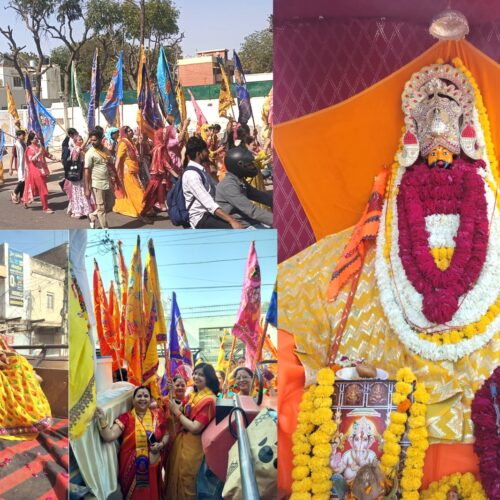
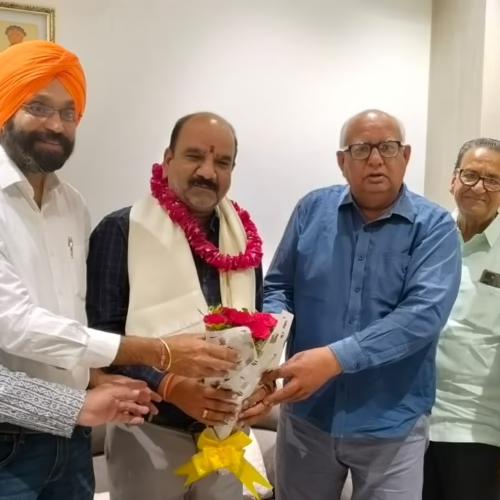
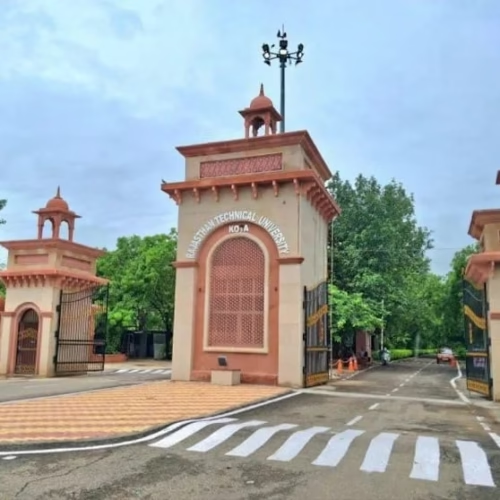
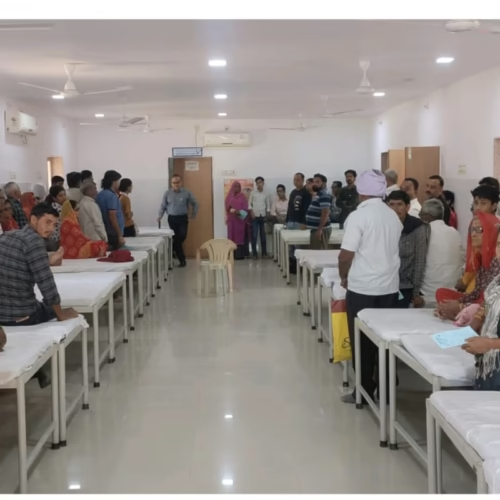
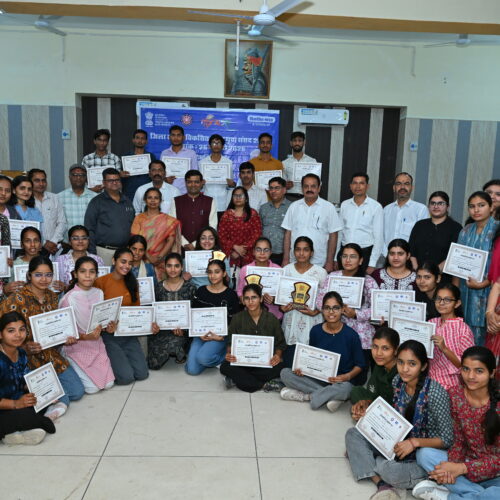
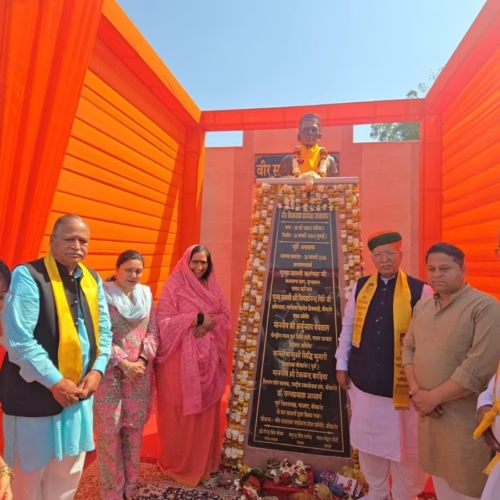
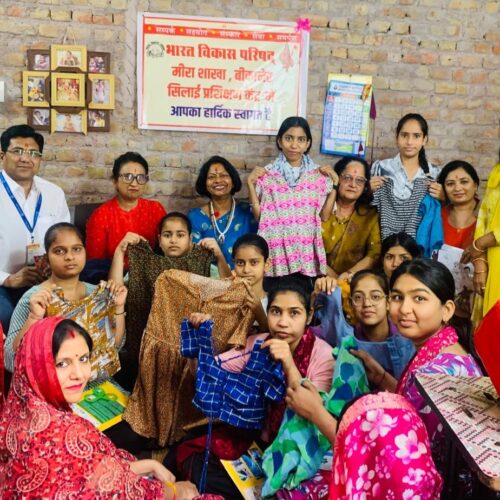






Add Comment